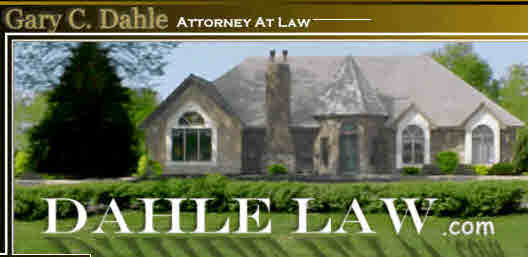“HOW THE FUR WILL FLY”
A STUDY OF AUGSBURG PROFESSOR SVEN OFTEDAL’S RESPONSE TO NORWEGIAN-AMERICAN LEADER RASMUS B. ANDERSON
By JAMES L. JOHNSON
2014
Reprinted by permission from the author.
Section Five – SOUND AND FURY: THE OPEN DECLARATION
The happy memories of that relaxed vacation were short-lived.
In mid-January 1874, Anderson was visiting the office of his friend, Svein Nilssen, the editor of the popular Norwegian-American newspaper, Skandinaven og Amerika.
Nilssen opened a package that arrived in the mail that day and gave Anderson a look.
It was “the notorious Aapen erklaering,” said Anderson, referring to The Open Declaration.
Nilssen was cautious about publication.
It was signed by Oftedal and founding Augsburg Seminary professor August Weenaas, who hoped to establish the priorities and purpose of the fledgling seminary.
He asked Anderson to give an opinion.
Despite Oftedal’s prophetic word the summer before (“How the fur will fly!”), the Wisconsin professor was taken aback by the tone of the seminary’s new Magna Carta.
He thought the Declaration was impulsive and not factual and asked Nilssen to withhold publication until he could talk to Oftedal himself.
“It was widely known that he [Oftedal] had been my guest in Madison Anderson remembers the telegraph saying and therefore must have been coached by me,” reasoned Anderson. (46)
In a letter written the same day of Anderson’s visit to Nilssen’s office, the Wisconsin professor suggested the Augsburg professors re-think the piece.
Weenaas and Oftedal sent a quick response by telegraph: “If their article did not appear immediately, they would have it printed elsewhere.” (47)
The Declaration appeared in print two weeks later, January 24, 1874.
Angry responses from Conference conservatives and Synod theologians soon flowed back.
Anderson, wanting to guard his reputation, wrote an immediate rebuttal that appeared in the February 14 issue of the Skandinaven.
In the rebuke, Anderson defended the Norwegian Synod, his long-time rival, concludes Hustvedt, saying the Wisconsin professor “expected much greater things from Oftedal than this attack on the church.” (48)
The dye was cast.
NOTES
- Ibid., 167-168.
- Ibid., 168.
- Hustvedt, Rasmus Bjorn Anderson—Pioneer Scholar, n.p. http://archiver.rootsweb.ancestry.com/th/read/NORWAY/2004-06/1087665707 (accessed May 3, 2014).
